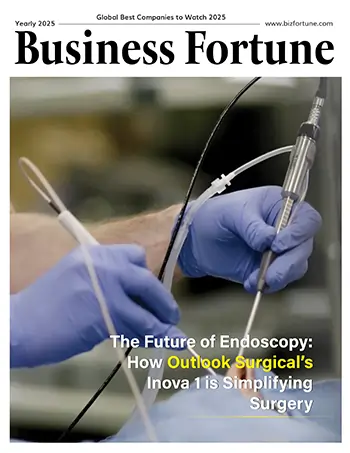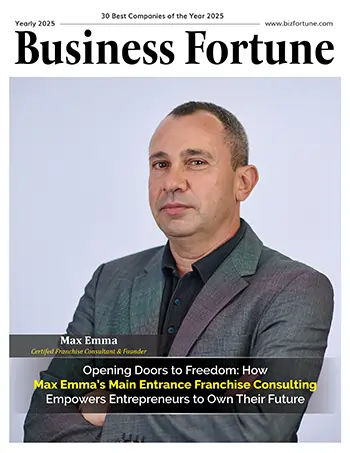Home Industry Clean Energy UK Urges AI innovators to Prom...
UK Urges AI innovators to Promote Clean Energy and Reach Net Zero by 2050
Clean Energy

Business Fortune
20 November, 2024
In an effort to support the clean energy transition, the UK government has opened the second round of the Manchester Prize, which focuses on using artificial intelligence technologies.
To construct sustainable energy systems and help the UK reach its net zero by 2050 target, the government is looking for assistance from academics and businesspeople who are interested in artificial intelligence (AI). Funding applications are being accepted from interested parties to develop technology that might decarbonize the UK energy infrastructure, increase energy security, and assist the government in achieving its overarching goal of making the country a clean energy powerhouse.
Through the second phase of the Manchester Prize, which was introduced in 2023 by the Department for Science, Innovation, and Technology (DSIT) to encourage AI-led innovation in the UK over the next ten years, the funds are being made available.
April 2025 is the deadline for the first round of the Manchester Prize, which focuses on the possible uses of AI in the energy, infrastructure, and environmental sectors.
The government will provide up to $125,000 to ten applications in the second round of the competition. The winner will receive $1.25 million incentive to help them advance their AI service. Applications must be submitted by January 17, 2025.
According to the government, candidates can come forward over the course of the next eight weeks to show how their ideas would increase the availability of inexpensive energy, lower energy demand, and improve the efficiency of energy usage nationwide. These may include innovative ways to improve the amount of electricity produced by wind and solar farms, use AI to make our homes and companies more energy efficient, and utilizing the technology to better predict future spikes in energy demand.
Feryal Clark, the UK government's AI minister, elaborated on this issue by stating that the UK is expected to undergo a significant transformation as a result of the second Manchester Prize round.


































